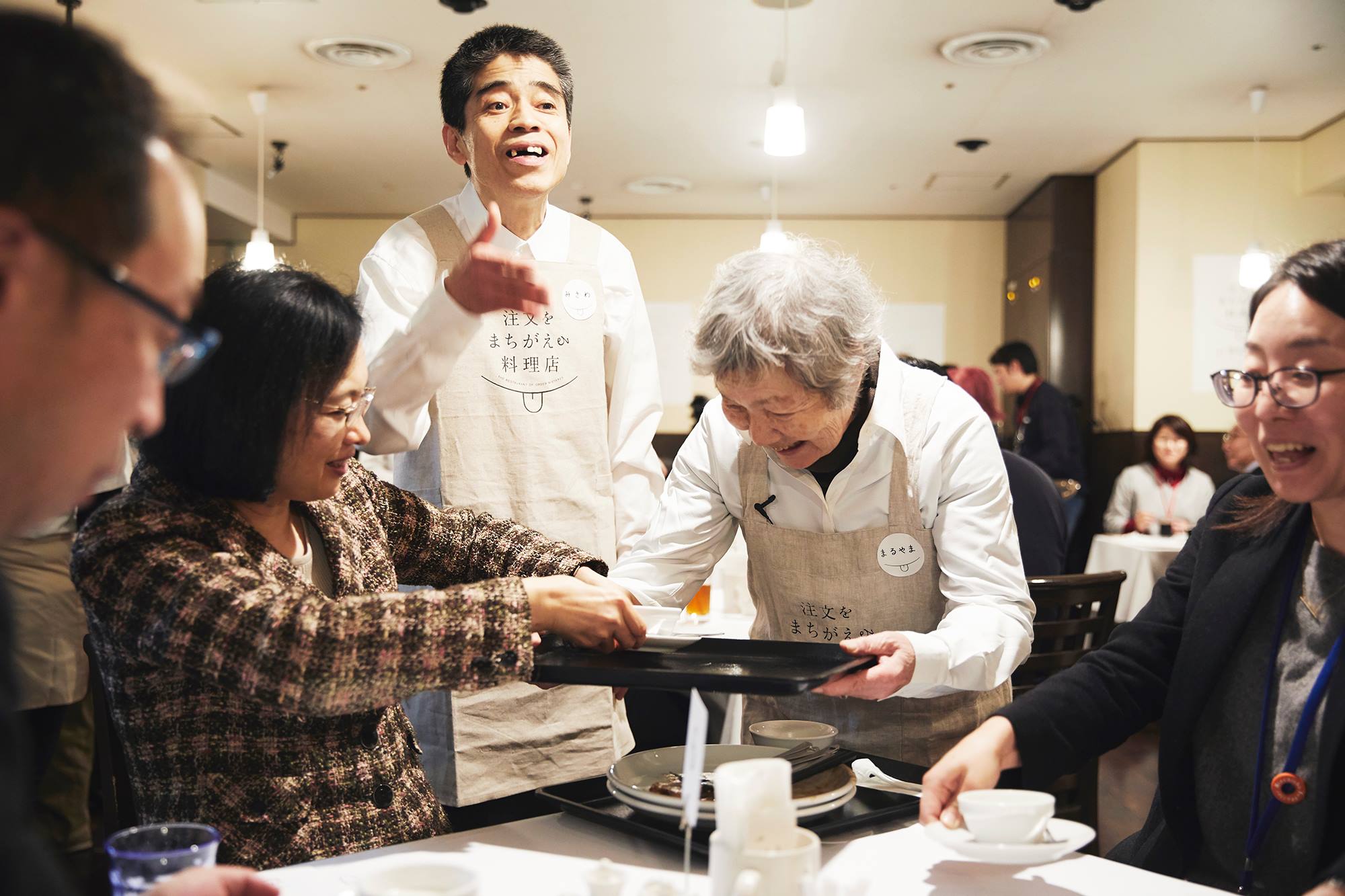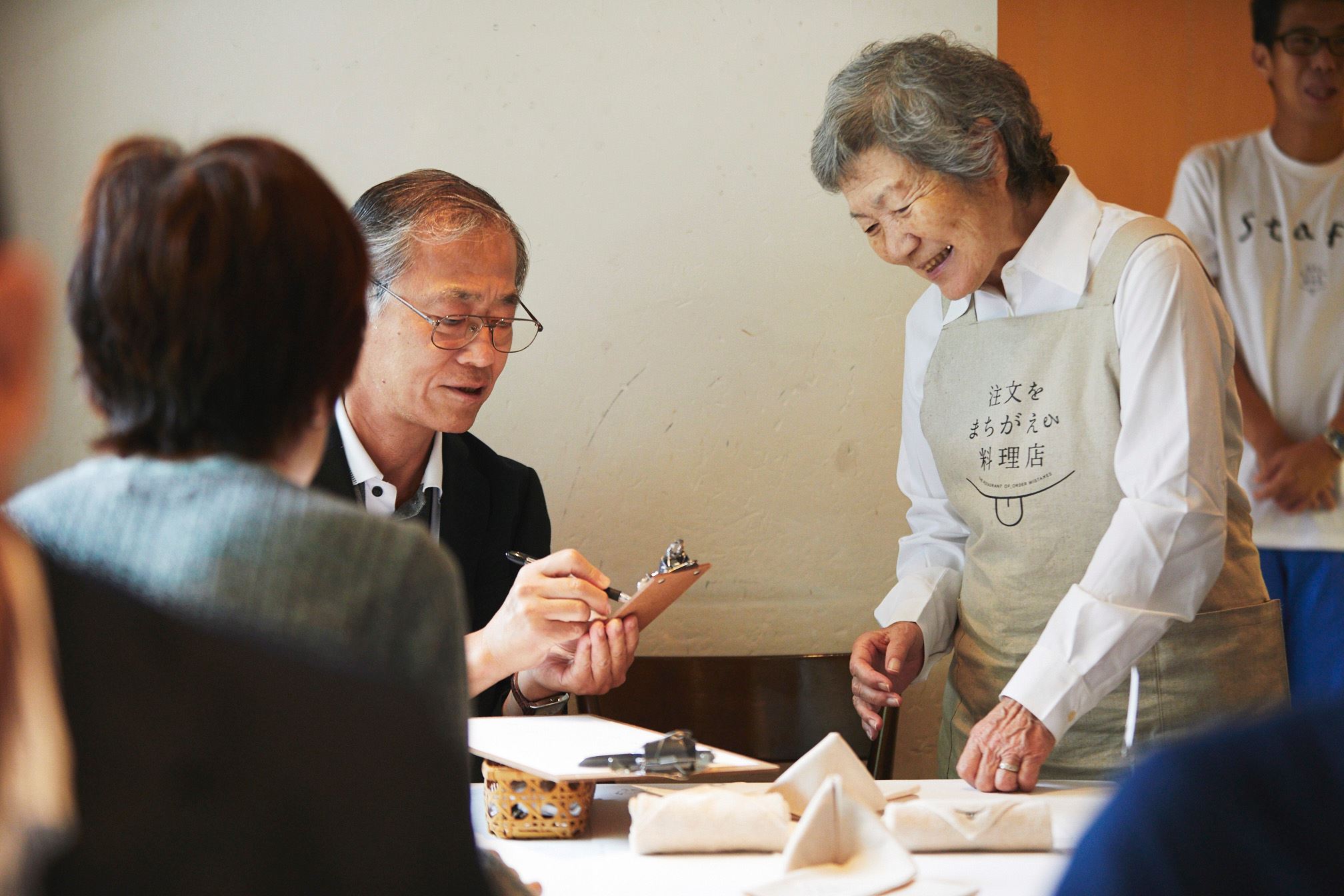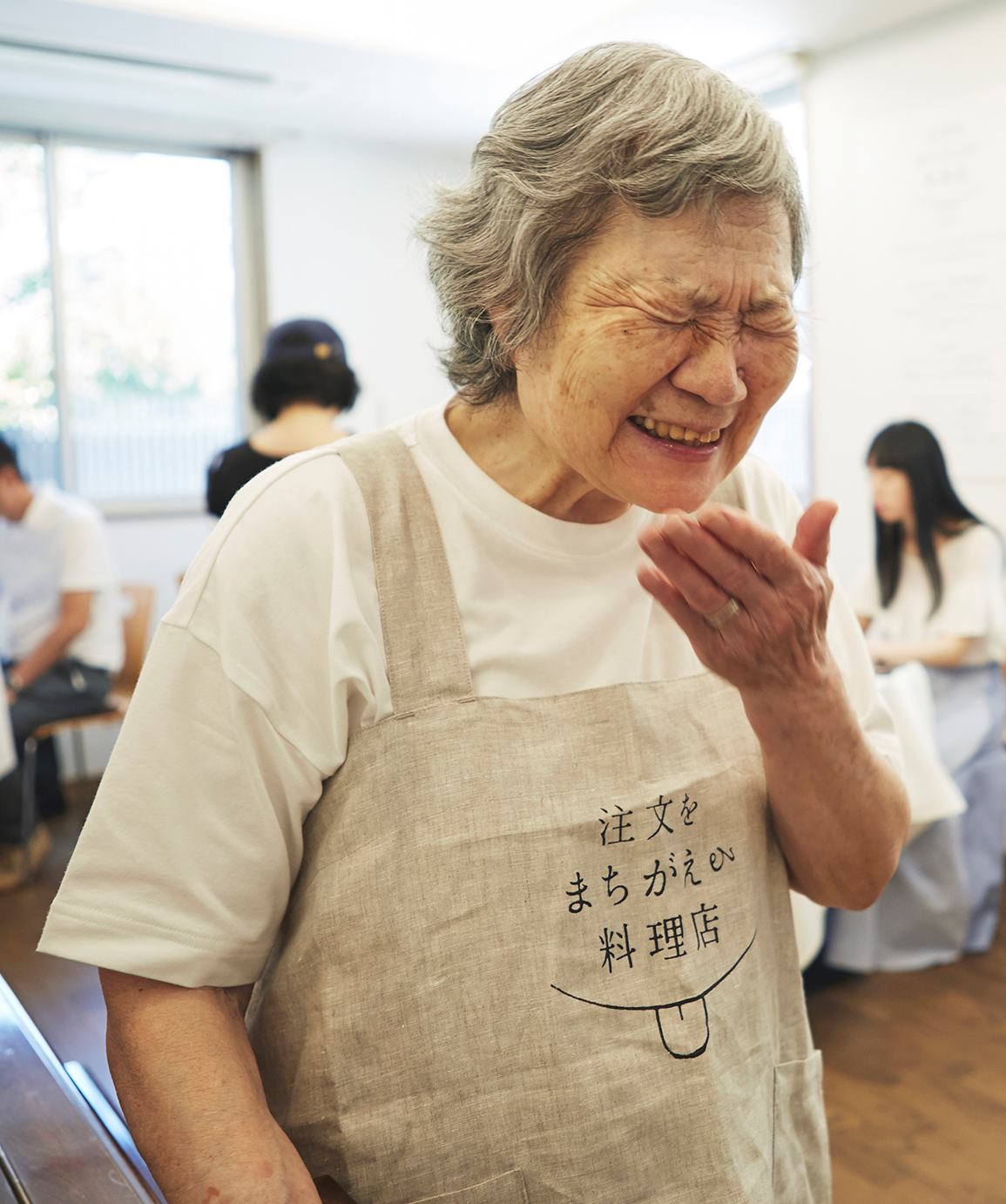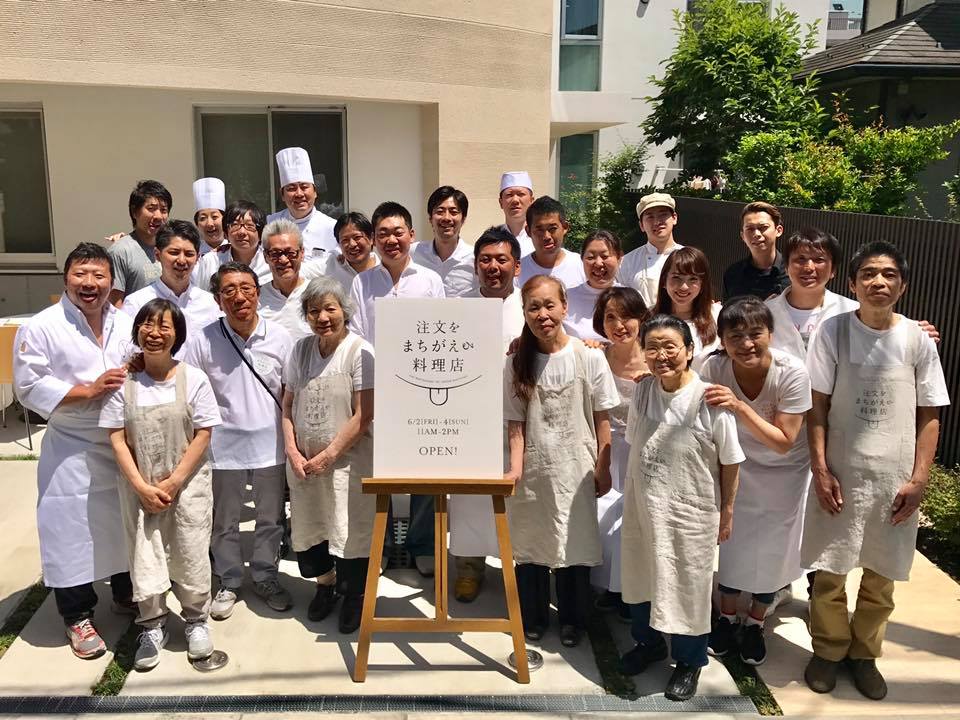Transforming Missteps into Moments of Joy in the Heart of Japan’s ‘Restaurant of Never-Ending Laughter
In the face of Japan’s super-aging society, where dementia is projected to impact one in five individuals by 2025, an unconventional social experiment is captivating hearts both in Japan and around the world. The “Restaurant of Mistaken Orders” is not your typical eatery; it’s a place where orders occasionally take unexpected turns, and the waitstaff, instead of being seasoned professionals, navigate their roles with varying degrees of cognitive impairment.
The brainchild behind this unique dining experience is Shiro Oguni, inspired by a chance encounter with a group home for people living with dementia. Oguni’s perspective shifted from the prevalent negative stereotypes surrounding dementia to recognizing the daily capabilities and normal activities these individuals can engage in, such as cooking, cleaning, and shopping.

The genesis of the restaurant occurred during a lunchtime escapade when Oguni ordered a Hamburger steak but was served a plate of gyoza (potstickers) instead. Rather than raising eyebrows at the mix-up, Oguni embraced the mistake, realizing that such tolerance could create a relaxed and delightful dining atmosphere. He envisioned a space where errors were not drawbacks but opportunities for positive interactions.
In the “Restaurant of Mistaken Orders,” the staff, predominantly comprising older individuals with dementia, carry out their duties amidst occasional missteps. A server might sit down with guests after showing them to their table, another may serve hot coffee with a straw, and yet another could grapple with a pepper mill. However, the charming aspect lies in the collective effort to overcome challenges, fostering a spirit of camaraderie and shared laughter.

For Oguni, the essence of the restaurant transcends the mere execution of correct orders. He emphasizes the profound importance of engaging with individuals who have dementia. Although initially concerned about potential criticisms, Oguni’s vision succeeded in creating an environment where the joy and confidence radiating from the staff with dementia challenge preconceived notions. The negative image associated with dementia transforms into a positive one, proving that the condition is not defining but just a part of an individual’s identity.
Despite initial reservations, guests witnessing the genuine smiles of the staff and the motivation behind their work often find themselves inspired or moved to tears. The servers, in turn, express newfound confidence, stating, “I’m still capable.” Oguni believes that societal change must come from embracing tolerance, asserting that a warm and comfortable environment can be cultivated through understanding and acceptance.

In a society that increasingly embraces the concept of “Cool Japan,” Oguni advocates for the importance of “Warm Japan.” He envisions a nation that prioritizes cultivating a warm and inviting atmosphere, ensuring that people leave with smiles and a glow in their hearts. The “Restaurant of Mistaken Orders” serves not only as a delightful dining experience but also as a powerful catalyst for altering perceptions and fostering compassion in the realm of dementia awareness.



